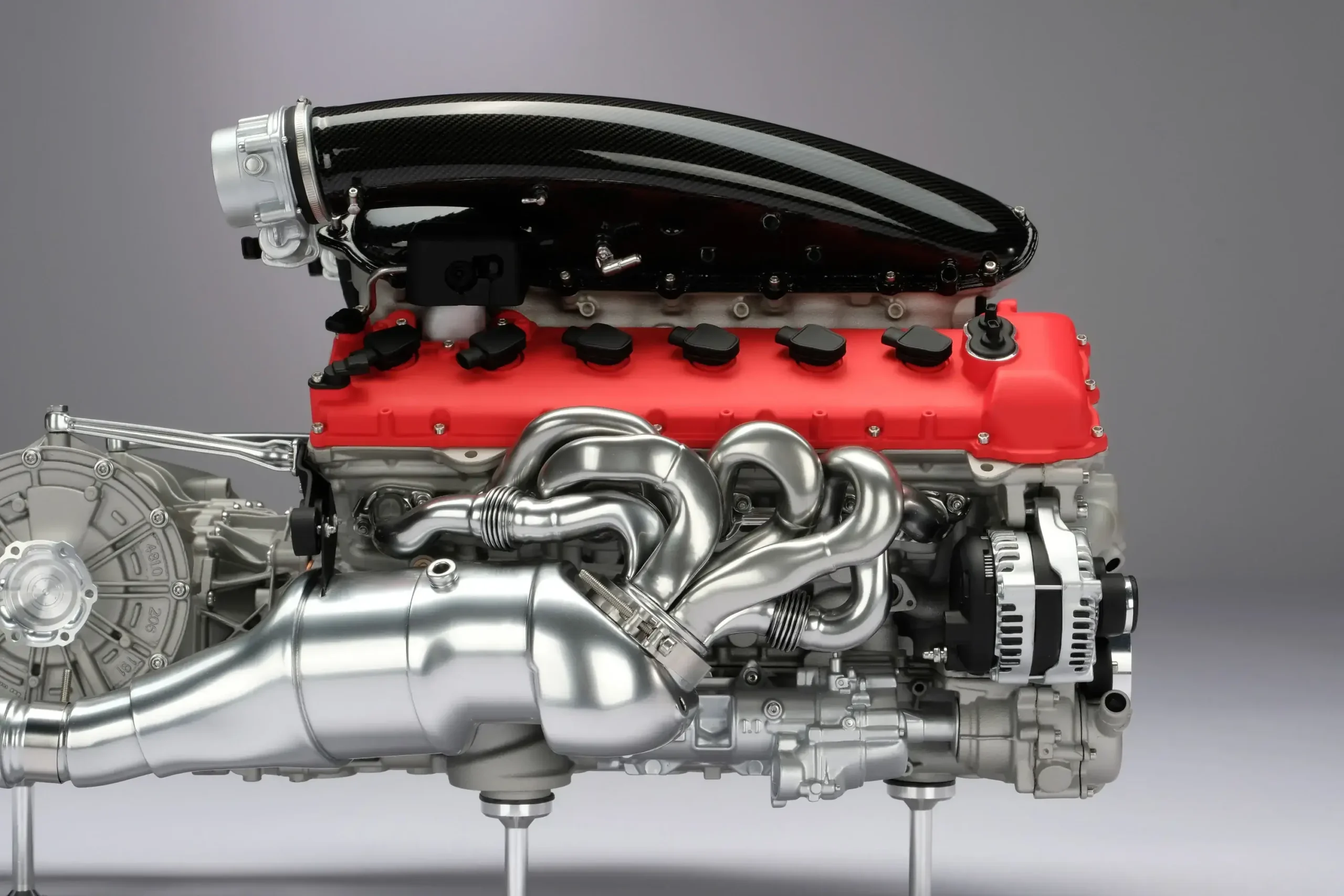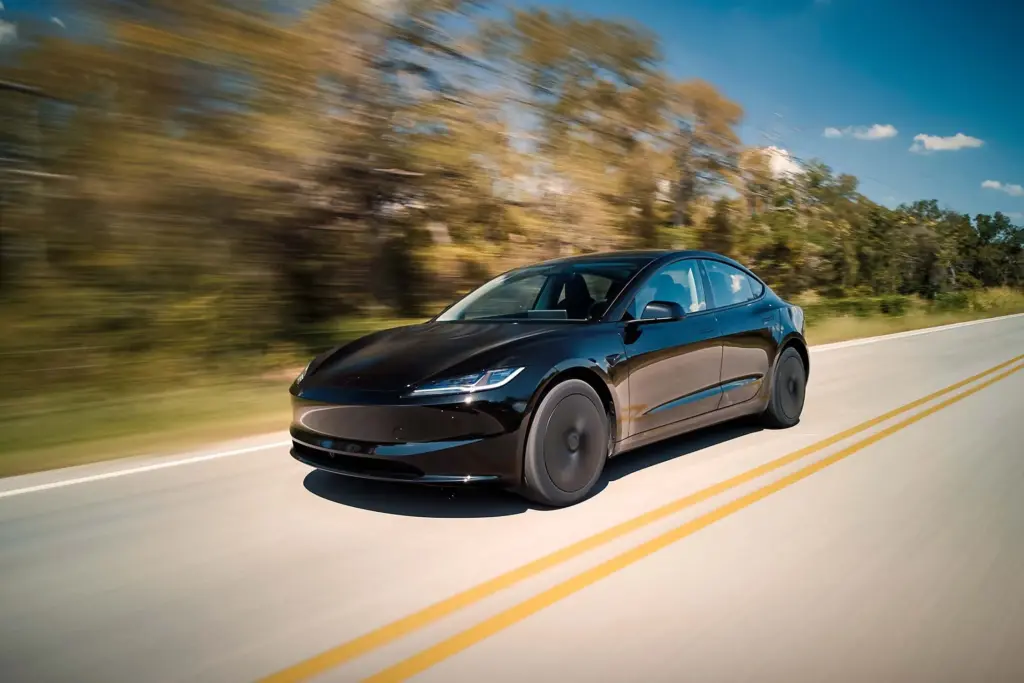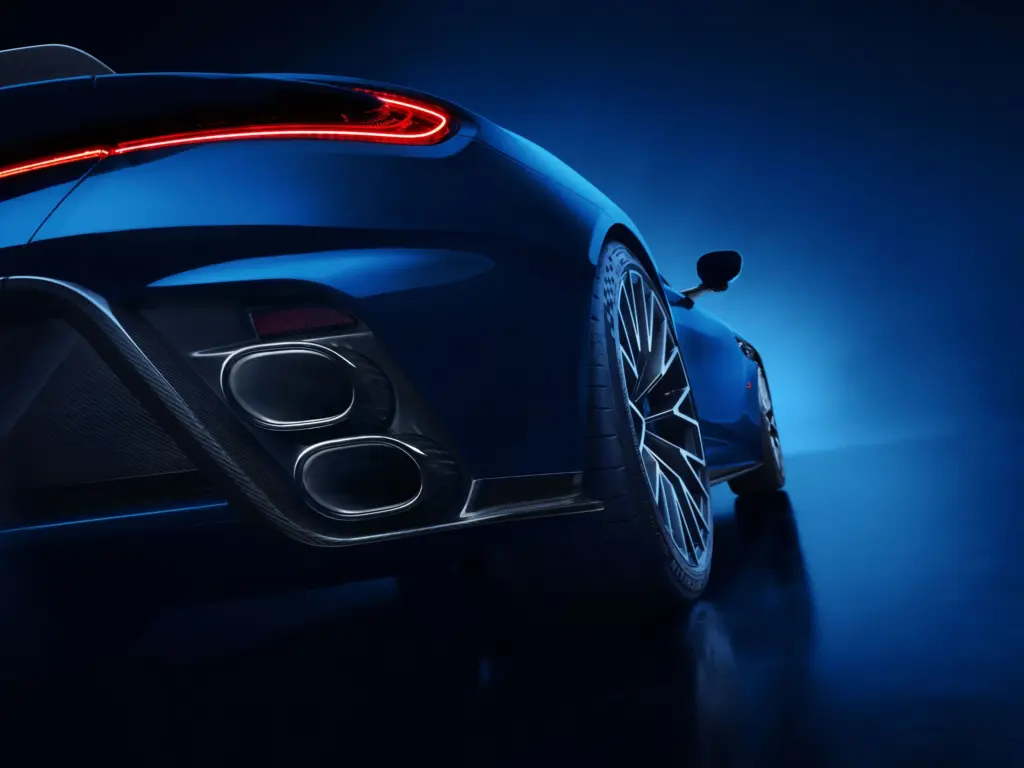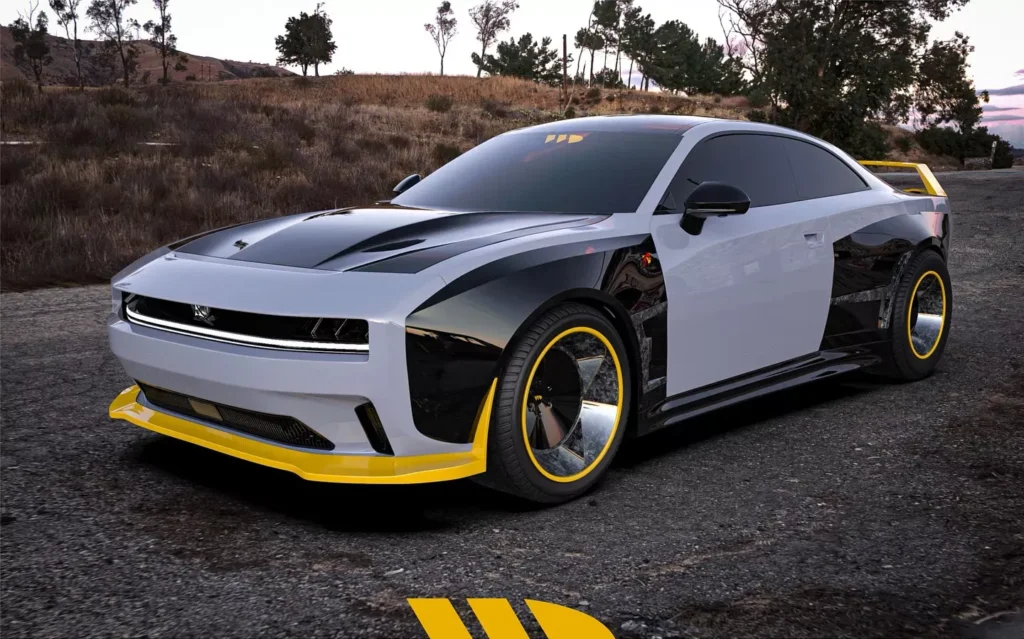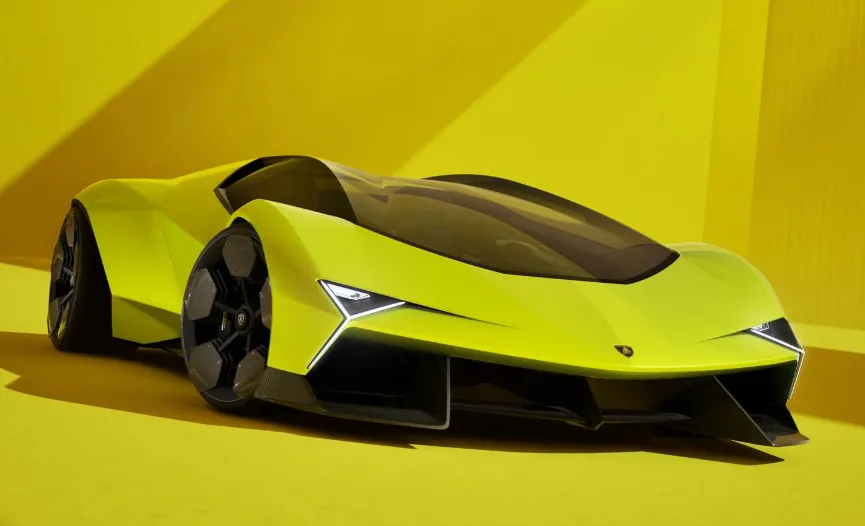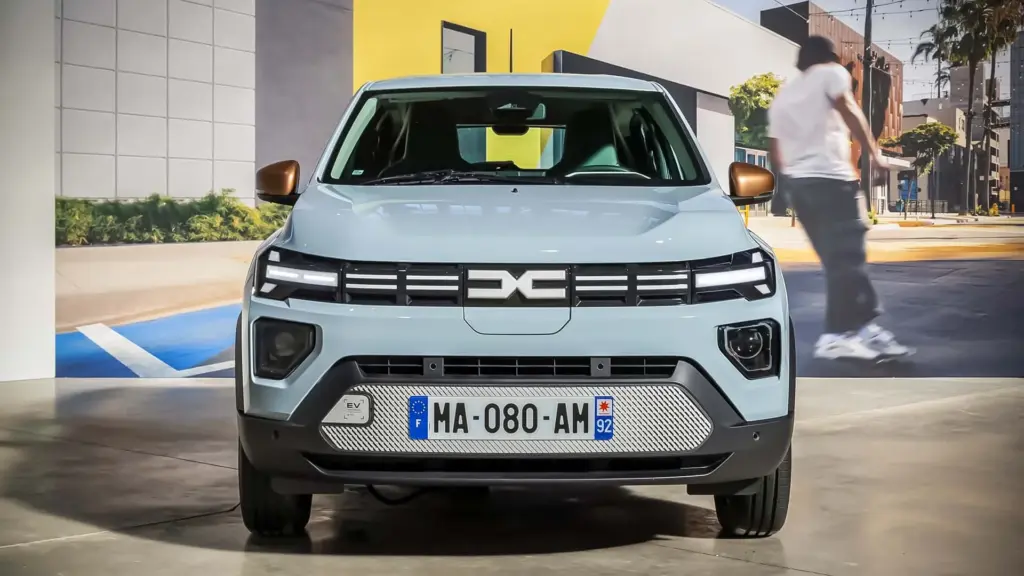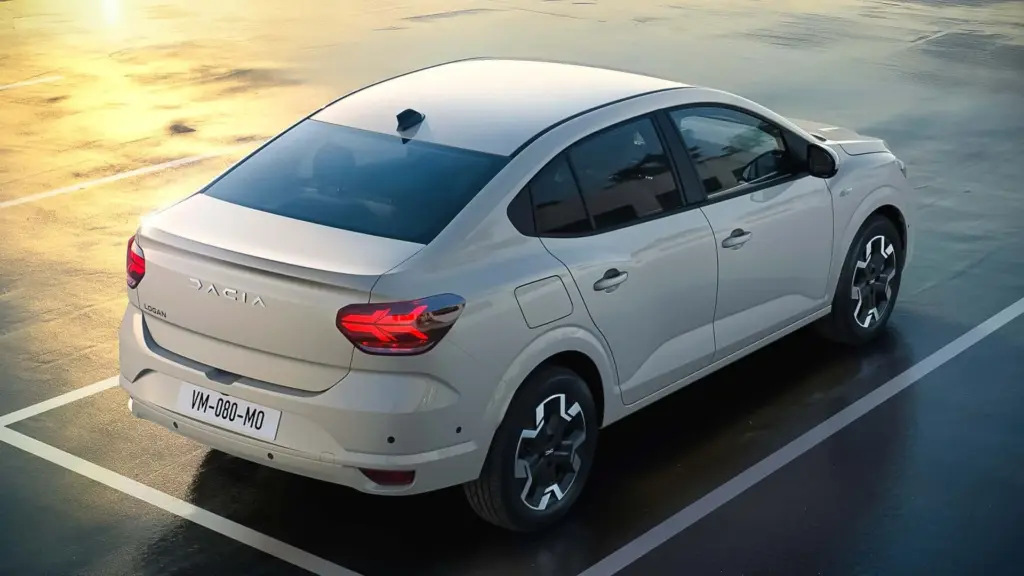Hey there, tech lovers and gas fans! Let’s dive into a hot topic that’s making waves: do electric cars break down more or less than gas-powered cars? It might sound like a heated debate among fan clubs, but we dug into the most recent data from 2025 to uncover the truth and tell you who’s visiting the mechanic more often (or the electronics technician, right?).
Grab some popcorn (or charge your phone, if you prefer), because we’re going to take a deep dive into this analysis, complete with numbers, straightforward explanations, and a few jokes to keep it light. After all, choosing a new car is stressful enough; it doesn’t need to be boring too!
The Great Showdown: Electric vs. Gas at the Mechanic
Picture this: on one side, the hum (or lack thereof) of electric vehicles (EVs), packed with technology and the promise of a greener future. On the other, the veteran internal combustion engine cars (ICEs), with their rich history, the smell of gasoline, and a legion of die-hard fans. But the burning question is: when push comes to shove, which one causes less hassle?
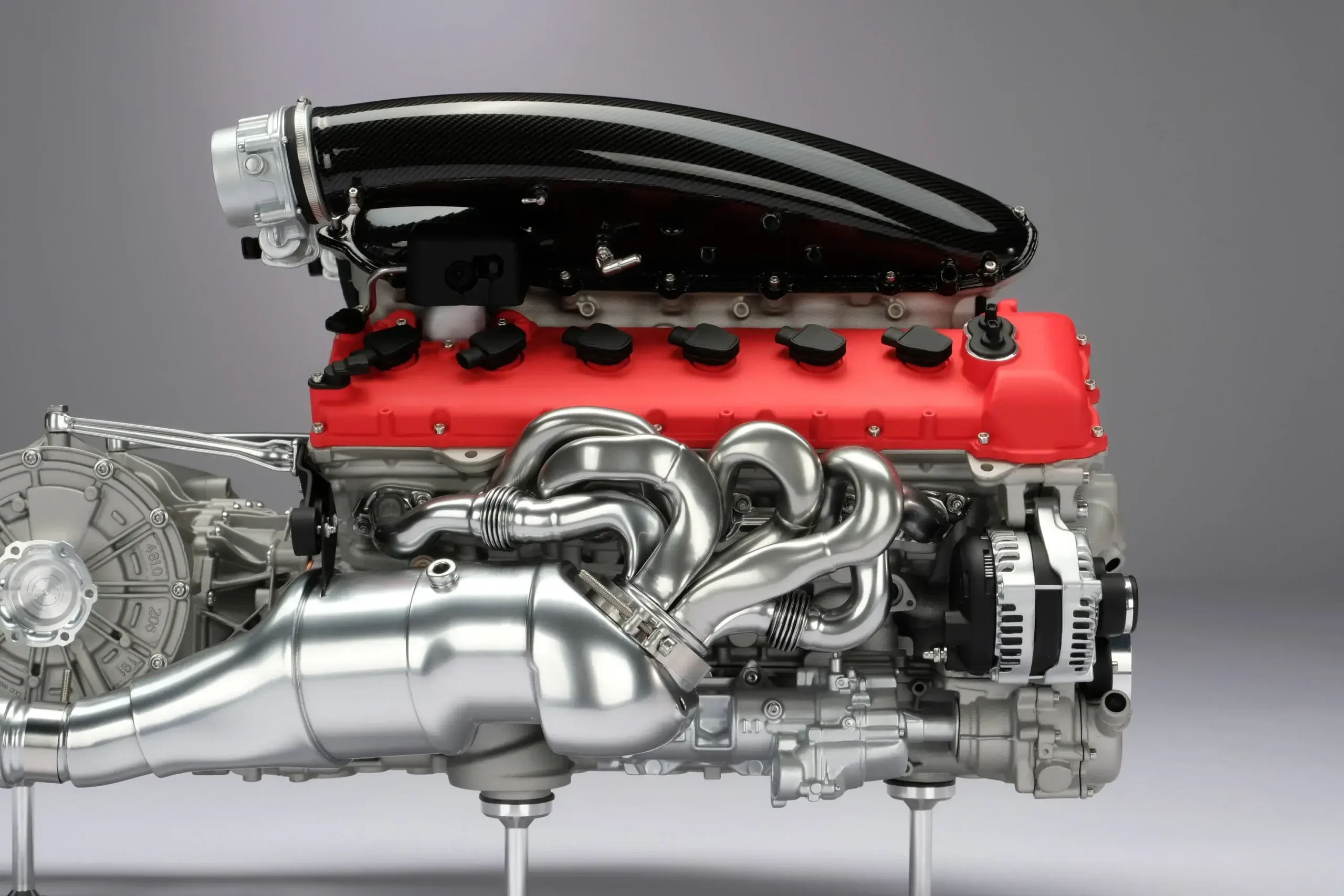
A bombshell study from 2025, released by the German giant ADAC (Europe’s largest motoring association, think of them as superheroes for drivers), shed light on this issue. They analyzed a staggering 3.6 million assistance calls from 2024. That’s a lot of folks stranded on the road! And the conclusion? Hold onto your seats: electric vehicles have been getting fewer “flat tires.”
The numbers speak for themselves: for cars manufactured between 2020 and 2022, the failure rate was just 4.2 per 1,000 EVs, while gas-powered cars faced 10.4 failures per 1,000 vehicles. In simpler terms (without needing a calculator!), this means gas-powered cars were about 2.5 times more likely to let you down. It seems the quiet future is also a more reliable one, at least for now.
Fewer Parts, Fewer Problems? The Electric Advantage
But why this big difference? Is it magic? Alien technology? Calm down, the explanation is more down-to-earth (or wheel on asphalt). The secret sauce of electric cars is their mechanical simplicity. Think about it: a combustion engine is a complex machine, filled with parts that move, heat up, cool down, and, of course, wear out.
You’ve got pistons going up and down, valves opening and closing, belts spinning, pumps pumping, exhausts blowing smoke (and noise)… there are hundreds of components working together (or sometimes, against each other!). Now, what about an electric motor? Essentially just a rotor, a stator, and the magic of electromagnetism. Fewer moving parts means, statistically, there are fewer things to break. It’s almost like comparing a Swiss watch with a digital clock: both tell time, but one has way more little gears that can go wrong.
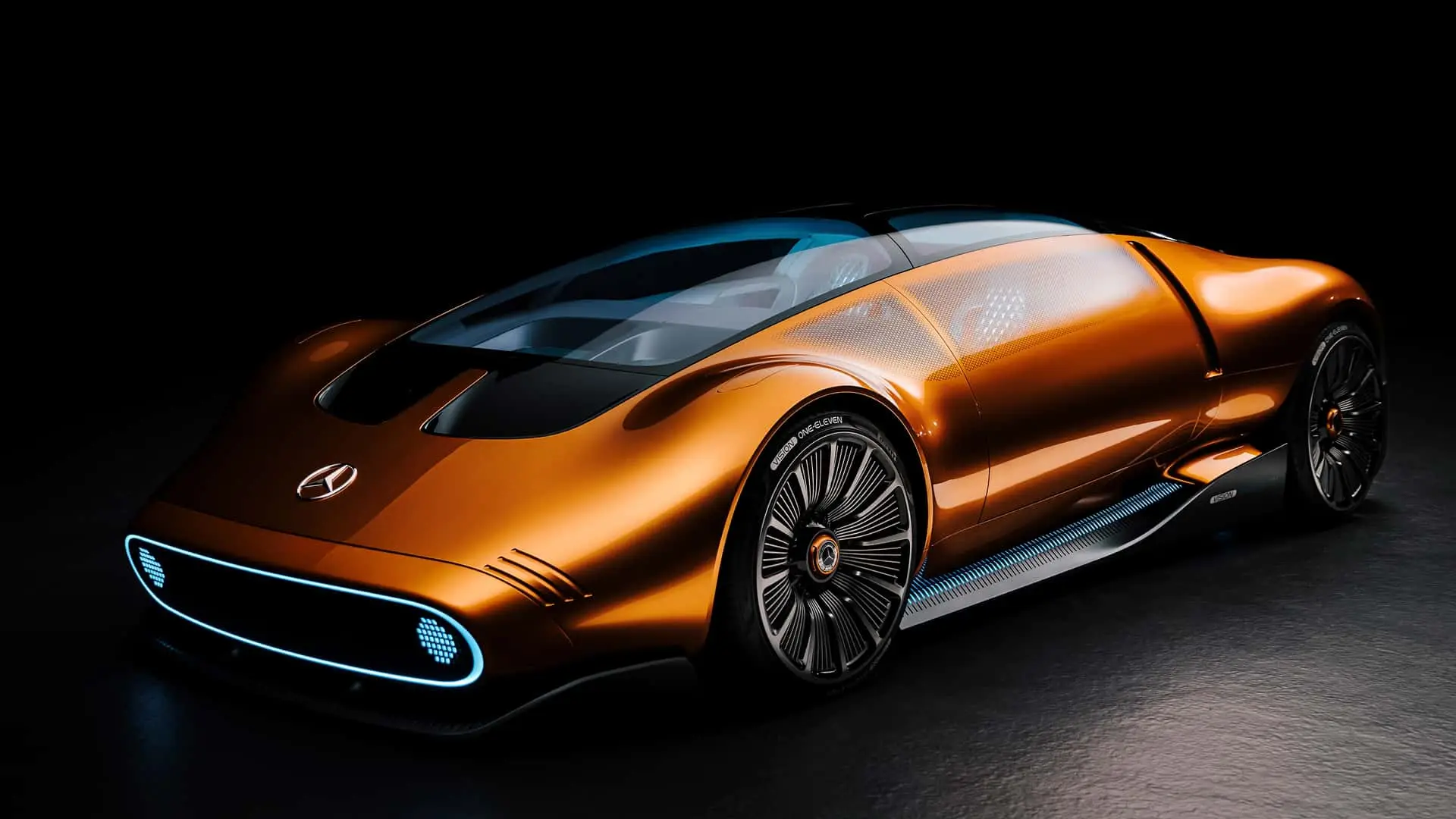
The ADAC study confirms this. EVs simply don’t face many of the classic problems that ICEs do: no oil changes dripping in the garage, timing belts breaking, spark plugs misfiring, fuel pumps sputtering, or exhaust systems rusting out and sounding like a clunky old race car. Fewer visits to the shop for routine maintenance also means less chance of something going wrong due to neglect or natural wear and tear of those parts.
The Surprise of the 12V Battery: The Common Villain
Thought EVs were perfect? Think again! There’s one component that seems to unite these two struggling worlds: the good old 12-volt battery. Yes, the same battery that powers your grandpa’s car is used to power lights, radios, displays, and other auxiliary systems, both in EVs and ICEs.
And guess what? It’s the champion of complaints on both sides! According to the ADAC study, the 12V battery was responsible for an astounding 50% of failures in electric cars and 45% in gas-powered cars. Seems this little power box is the “misunderstood diva” of the automotive world, causing all sorts of issues. It’s that classic scenario: you get in the car, turn the key (or press the button), and… nothing. Silence. Often, it’s her fault.
This shows that despite the advanced propulsion technology in EVs, some basic components still follow the old rules (and cause the same old problems). Here’s a tip: whether your car is electric or gas-powered, keep an eye on the health of that 12V battery!
Tires: The Achilles’ Heel of EVs?
While EVs dodge a lot of problematic parts, they seem to have a complicated relationship with… tires! The German study pointed out that electric cars have a slightly higher incidence of tire problems (1.3 per 1,000 EVs compared to 0.9 per 1,000 ICEs).
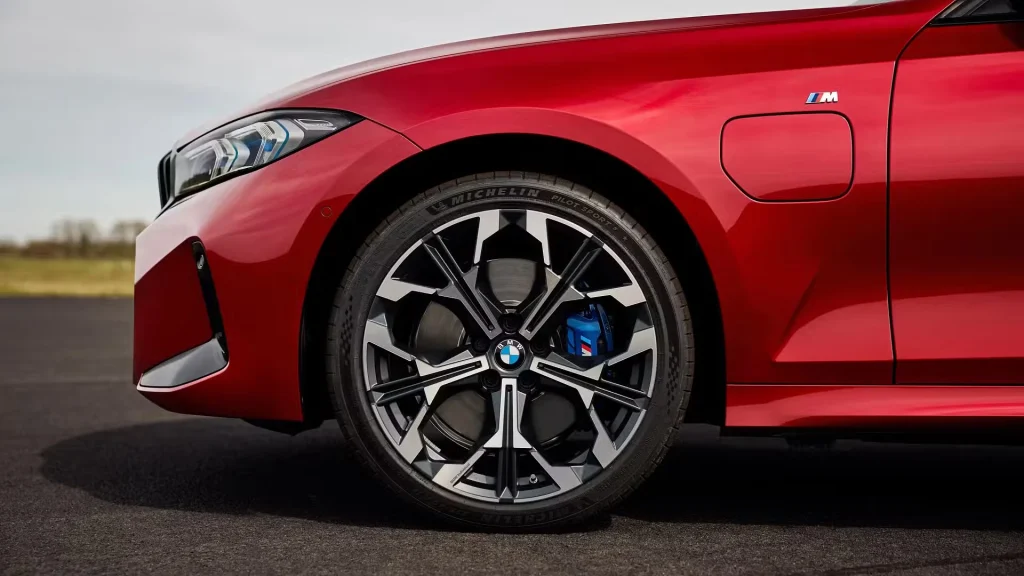
But why do the EVs’ “shoes” wear out faster? There are a few theories:
Possible Causes of Tire Wear in EVs
- Weighty Matters: The batteries are large and heavy, adding to the car’s total weight. More weight = more strain on the tires.
- Instant Torque: EVs deliver all their motor force at once. That enjoyable acceleration can wear down tires faster.
- Specific Models: Some tires are optimized for low rolling resistance (energy efficiency), which might compromise durability.
It’s not a giant problem, but it’s something to keep in mind. It means that EV owners might need to be a little more vigilant about tire pressure, rotation, and lifespan. Nothing that good care can’t fix, but it’s good to know where the pressure points are (literally, in the case of tires).
But Not Everything is Perfect: The Electric Doubts
Okay, the ADAC data is encouraging for EVs, but let’s hit the brakes (regenerative, preferably) and analyze it calmly. Not everything is a serene wave of electrons. There are a few important caveats that the study itself and other analyses highlight.
First, the age of the fleet. The electric cars analyzed in the study were relatively new (manufactured between 2020 and 2022). We know that cars, like wine (or people!) tend to have more problems as they age. The average age of cars in Germany is about 10 years. What will be the reliability of an EV after a decade of use? Especially concerning that pricey high-voltage battery? That’s still a question mark. Current data may be masking the long-term reality.
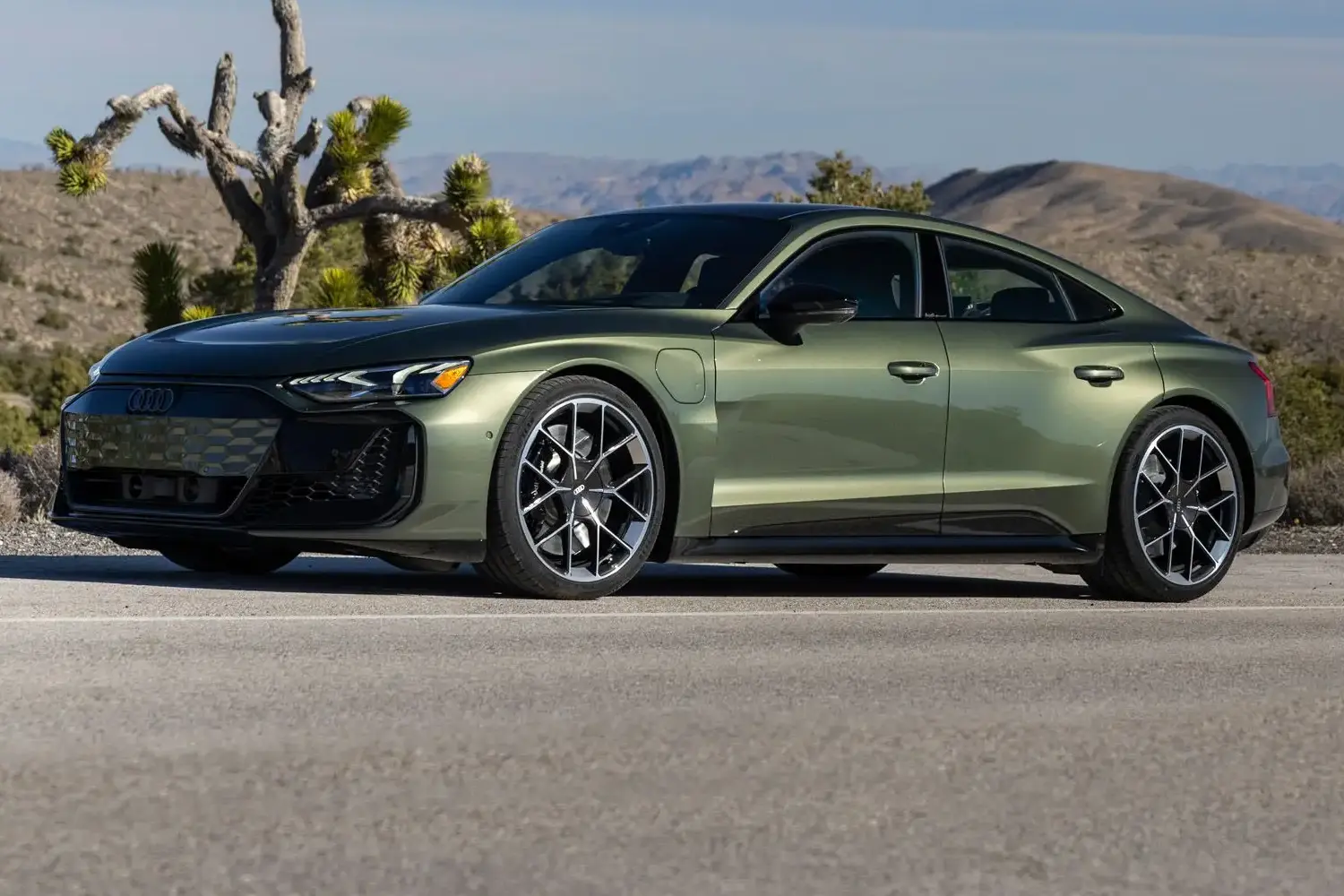
Second, the context. The study was conducted in Germany, a country with good charging infrastructure and a relatively mild climate. How would these cars perform in places with extreme heat, freezing cold, or bumpy roads with few chargers? Reliability can vary significantly based on where and how the car is being used. Additionally, the data comes from assistance calls. Minor issues fixed at the shop or at home may not make the cut.
Third, the cost of repairs. Yes, electric vehicles break down less, but *when* they do, especially if it’s the main battery or a complex electronic component, the hit to your wallet can be significant. Articles and owner reports raise these concerns. A rare but extremely expensive failure could spoil the whole experience.
Decoding the Numbers: The Stats Favoring EVs
Let’s recap the numbers that give EVs the edge in this reliability race, according to the ADAC study from 2025:
Comparison of Failures (per 1,000 vehicles, 2020-2022)
| Type of Vehicle | Failure Rate |
|---|---|
| Electric Vehicles (EVs) | 4.2 |
| Gas-Powered Cars (ICEs) | 10.4 |
This table shows black and white: the frequency of calls for assistance is significantly lower in electric vehicles. It’s almost as if the mechanic misses the EV owner!
Main Causes of Failure (Percent of Total)
- 12V Battery (EVs): ~50%
- 12V Battery (ICEs): ~45%
- Tires (EVs): Higher incidence (1.3/1,000)
- Tires (ICEs): Lower incidence (0.9/1,000)
- Engine/Management (ICEs): Common cause
- General Electrical System (ICEs): More common than in EVs
These numbers, based on millions of assistance calls, lend strong statistical weight to the conclusion that, overall and considering newer vehicles, electric cars are indeed more reliable day-to-day. The absence of a complex combustion engine and its associated systems (like fuel injection, exhaust, etc.) eliminates many potential sources of problems.
Myths and Truths: Fires and Other Urban Legends
We can’t talk about electric vehicles without addressing a few “ghosts” that haunt public perception. The main one? The fear of fires. There’s always a headline about an EV catching fire, which spreads a huge mistrust. But are they really more dangerous?
The data says no! On the contrary. Previous studies (like one cited by AutoinsuranceEZ in the U.S.) show that the likelihood of an electric vehicle catching fire is significantly lower than that of a gas-powered car. Think about it: gas cars carry a tank of flammable liquid and operate with small controlled explosions all the time! Statistically, the risk is higher with them. Fires in EVs are rare, but they get more media coverage precisely because they are newer.
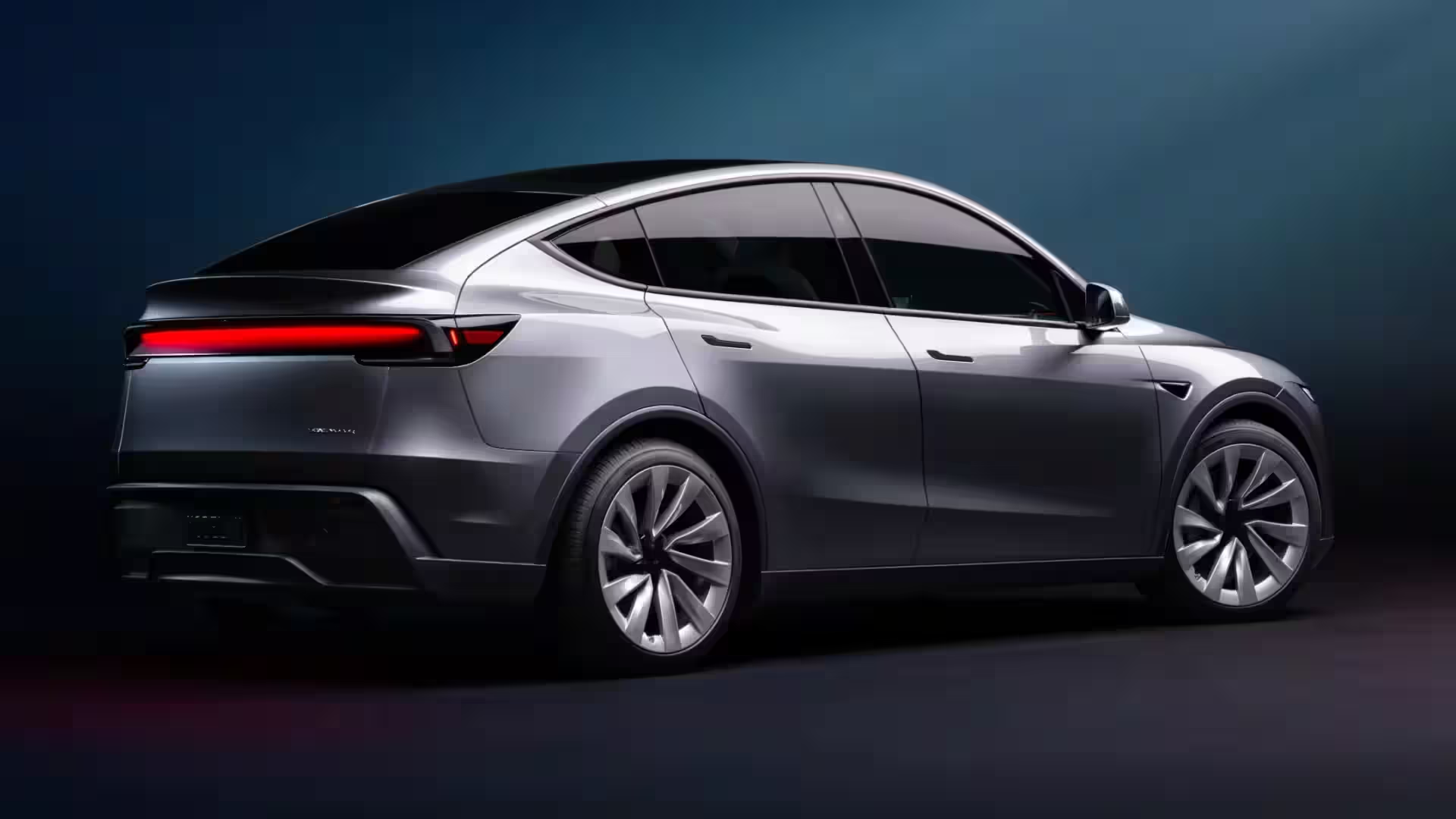
Another myth is about the “sudden death” of the battery. While degradation is real over many years (like your cell phone’s battery), catastrophic and sudden failures in high-voltage batteries are uncommon in most modern models, which have complex thermal and charging management systems to protect them. Plus, the warranties offered by manufacturers (usually 8 years or more) help provide reassurance.
FAQ: Your Questions About Electric Reliability
Still have questions? We’ll try to answer the most common ones!
- Do electric cars last longer than gas-powered ones?
We don’t have conclusive data on extreme longevity (15-20 years) yet because the technology is still new. However, current studies on younger cars indicate greater initial reliability. The durability of the battery is a key factor to watch long term. - Is it much more expensive to repair an electric car?
It depends on the problem. Routine maintenance is usually cheaper (no oil, filters, etc.). However, a repair on the high-voltage battery outside of warranty can indeed be quite expensive. Specific electronic components may also incur high costs. - Does running out of charge on the street count as “breakdown”?
Generally, assistance studies consider “running out of juice” (or “running out of electrons”) as a breakdown needing assistance. But that’s more linked to driver planning and infrastructure than the car’s reliability itself. - Does electric car software have many problems?
Software failures can occur (just like in any computer or smartphone) and can cause anything from minor inconveniences (frozen screens) to more serious issues. Over-the-air updates (OTA) help fix bugs, but it’s an area where new “headaches” can arise that didn’t exist with older cars. - What type of electric car is usually more reliable?
Just like with gas-powered cars, reliability can vary greatly between brands and models. Researching specific reliability rankings by model (such as those from Consumer Reports or J.D. Power, when available for EVs) is always a good idea before making a purchase.
Conclusion: EVs Come Out on Top (With Asterisks)
Returning to our fan rivalry: based on the most recent and comprehensive data from 2025 (like the ADAC study), electric vehicles are indeed showing greater reliability and fewer visits to the shop than their gas counterparts, especially in their early years. Mechanical simplicity is their greatest ally.
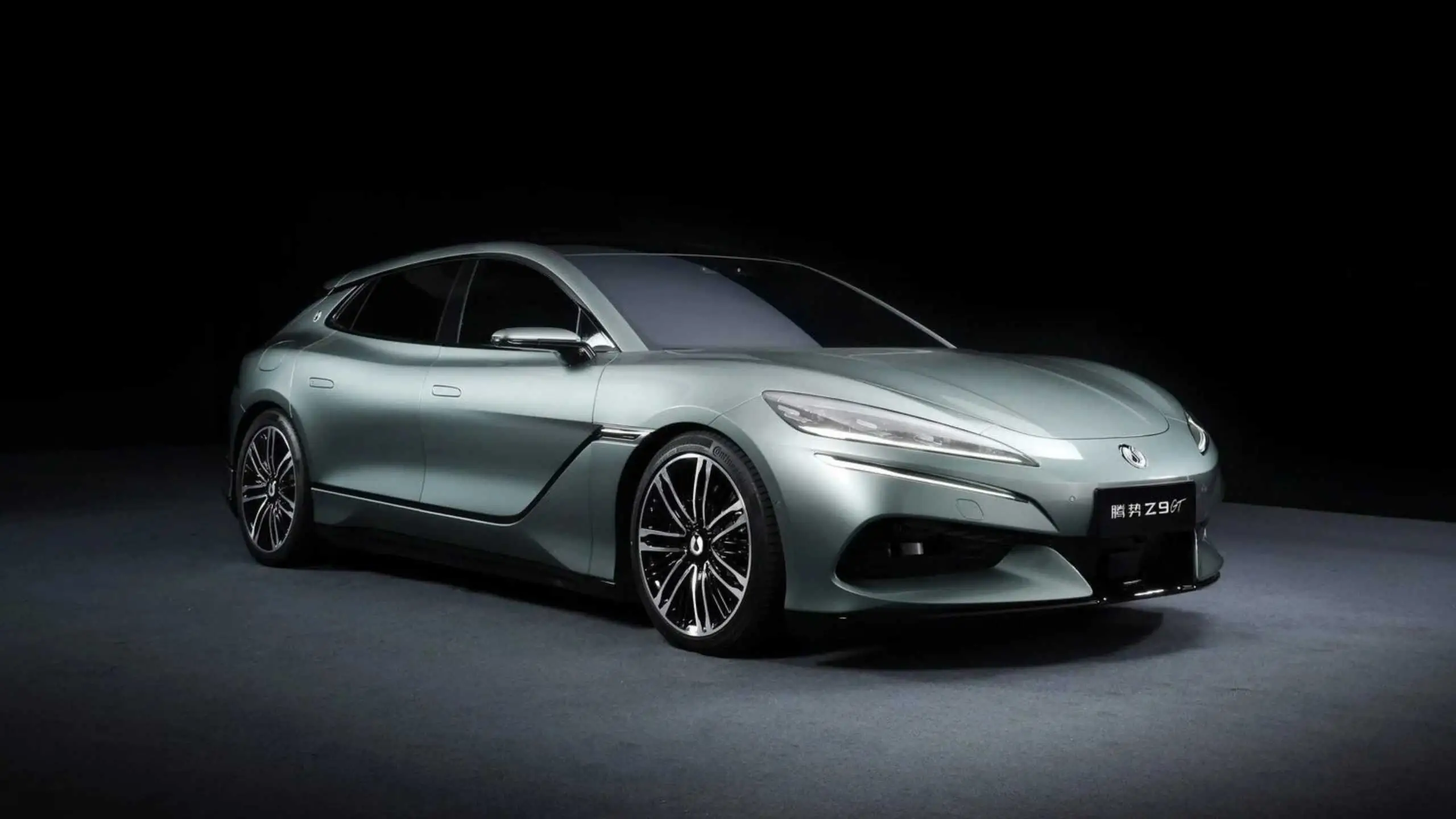
However, we can’t call it an absolute victory just yet. Concerns about long-term durability, the cost of specific repairs (hi, battery!), and the higher incidence of tire issues are areas that need attention. Technology is still evolving, and only time (and further studies) will tell how these cars will perform as they accumulate more miles.
And what about you? Does your experience confirm these findings? Leave your comment below and share this article with that friend who is still torn between the electric silence and the roars of combustion!
Author: Fabio Isidoro
Founder and editor-in-chief of Canal Carro, he dedicates himself to exploring the automotive universe with depth and passion. A car and technology enthusiast, he produces technical content and in-depth analyses of national and international vehicles, combining quality information with a critical eye for the public.

